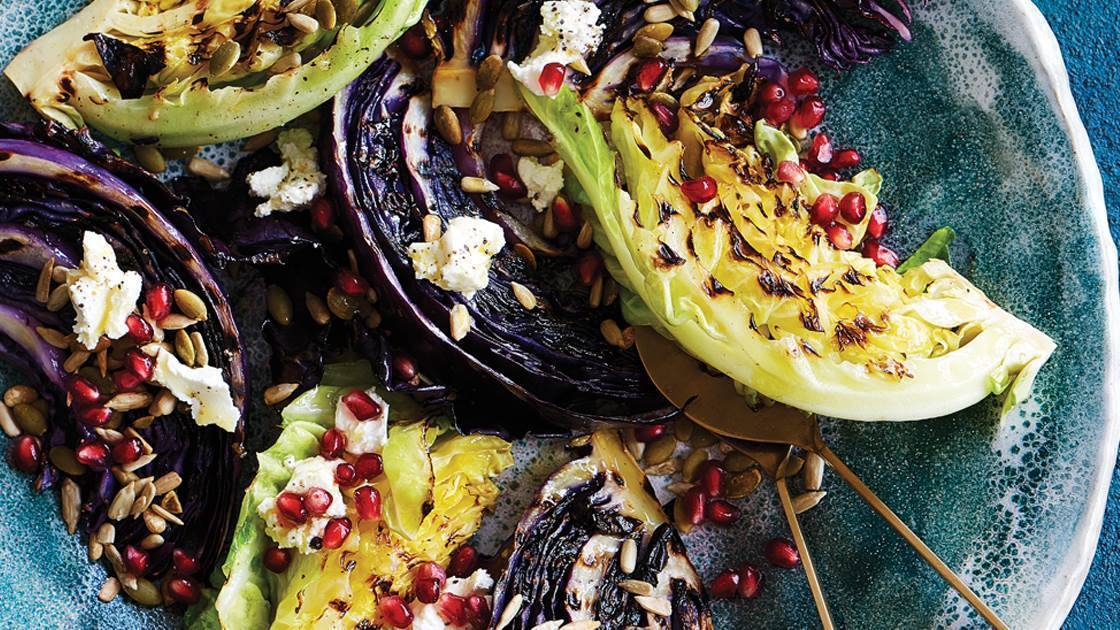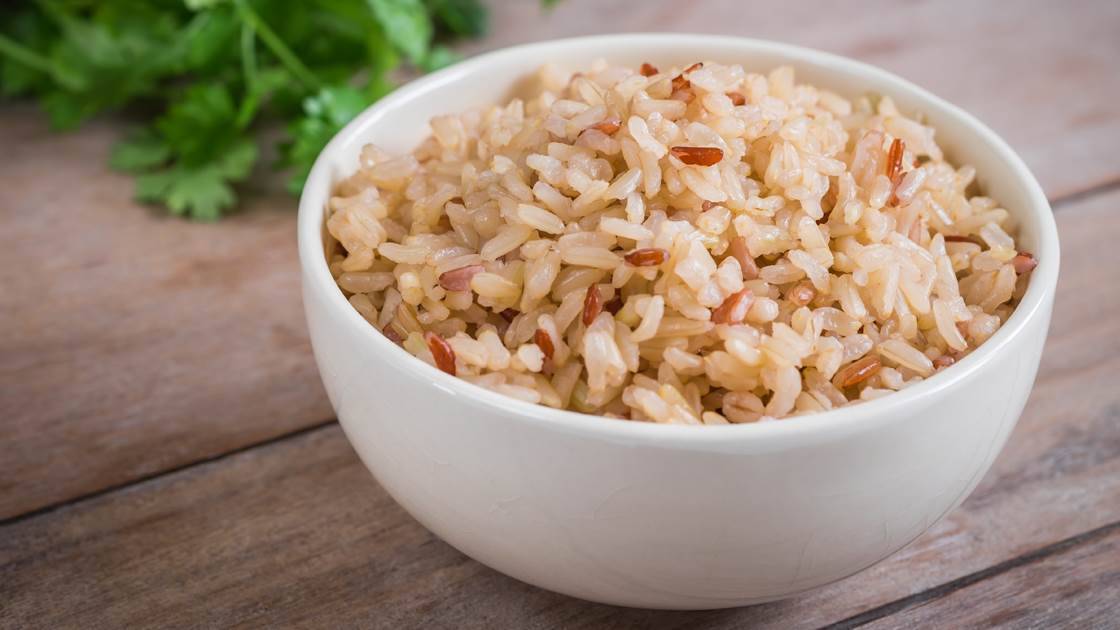Learn about brain health and nootropics to boost brain function
12 Ways To Give Your Diet A Mediterranean Makeover And Live Longer


Food has a powerful effect on your brain. And research shows that eating a variation of the Mediterranean diet - focusing on whole grains, fruits and vegetables, fish, and nuts - is associated with a reduced risk of cognitive decline.
In the late 1950s, physiologist Ancel Keys was conducting research in southern Italy and Greece when he made a surprising discovery: The people who lived in countries that bordered the Mediterranean Sea seemed healthier than any of the other populations he’d studied around the globe. In fact, they enjoyed some of the longest lives in the world. The people in this region had diets focused on fresh fruits and vegetables, whole grains, and beans. They used olive oil (and plenty of it) as their primary fat. They flavoured their food with herbs and spices instead of salt. And they ate very little meat and few refined carbohydrates or processed foods.
An ever-growing body of evidence shows that the Mediterranean style of eating is one of the most effective ways to maintain a healthy weight, feel great, and live a long, vigorous life. What’s more, eating a variation of the Mediterranean diet - the aptly titled MIND diet - has been shown to improve brain health, according to a study published in Alzheimer’s & Dementia. This finding follows an earlier study by the same researchers, which found that the MIND diet may reduce the risk of getting Alzheimer’s disease, period. Based on years of research on foods known to benefit (and harm) thinking and memory, the MIND diet focuses on eating habits that promote dementia protection.
What makes the MIND diet a standout? For one thing, it’s low in unhealthy trans and saturated fats. For another, it’s loaded with specific nutrients and phytonutrients shown to slow cognitive decline, lower risk of Alzheimer’s disease, and reduce oxidative stress and inflammation. It’s worth noting that in the study, those with the highest MIND diet scores ate cheese and fried or fast food less than once a week, red meat less than four times a week, and desserts, pastries, or sweets less than five times a week. They also used less than a tablespoon of butter or margarine a day, and used olive oil as their main source of fat. Translation: It’s not enough to eat the brain-friendly foods. To help reduce Alzheimer’s disease risk, it’s necessary to limit less-healthy items as well. Adopting this approach to eating is a matter of shifting many of the foods you already enjoy - fruits, vegetables, whole grains, legumes, healthy fats, and seafood - to the centre of your plate. As you eat more of these foods, you’ll naturally have less room for unhealthy ones. Here's how to make simple changes to your diet to eat like you live in the Mediterranean



Go with the seasonal flow
Instead of trying to create a meal plan out of thin air, let the seasons be your guide. If the market is overflowing with fresh carrots or parsnips, for instance, there’s a good bet that they’re at their peak of deliciousness, so build your meals around these fresh ingredients.
© prevention.com
Click here to view full article